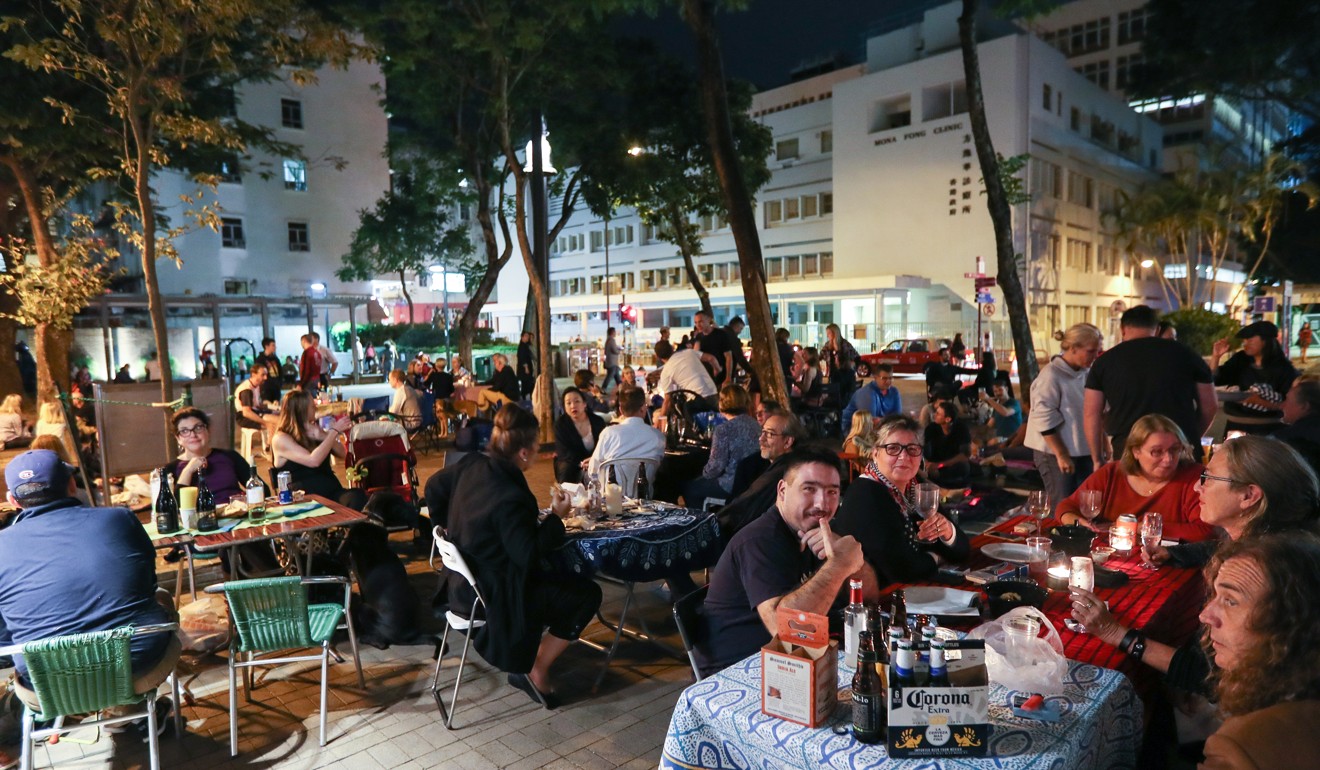
Overzealous bureaucrats are a threat to Hong Kong’s can-do business reputation
Food safety officials seem incapable of distinguishing between regulations that really matter and the pernickety application of irrelevant, petty rules
Big wishes for the new year are a bit like big wishes for everything – they are rarely fulfilled. So I’m wondering whether it would be possible to start this year with what is really a rather modest wish for Hong Kong’s government to do far less and, in so doing, help both businesses and the public at large.
I must admit that this wish has a very strong element of self-interest as it concerns the work of the Food & Environmental Health Department (FEHD), the people who make life as difficult as possible for Hong Kong’s food business. In case you haven’t noticed, it is one of the city’s biggest business sectors, spanning basic necessities, tourism and entertainment. It also happens to be the sector covering my day job, so that’s my declaration of interest clearly made.
The FEHD employs a small army of clipboard-wielding officials charged with monitoring food safety and allegedly working to ensure that hygiene standards are upheld. The word “allegedly” applies because the zealots in this department seem to be quite incapable of distinguishing between enforcing regulations that really matter and the pernickety application of irrelevant, petty rules.
A good example of this, and one that continues to cause aggravation, is the FEHD’s licensing system for selling ice cream. These rules date back to the days when refrigeration was not universal and the risk of contaminated dairy products was real. Nowadays the overwhelming bulk of ice cream is sold in packages and stored in refrigerated display cabinets supplied by ice cream vendors. The risks of contamination at the point of sale are therefore distinctly minimal.
However it requires an FEHD official (in reality usually two of them because they tend to get lonely working on their own) to come and inspect the fridge and consider its utility for the given purpose. Months – yes, I mean months – then pass between the initial inspection and a follow-up inspection. As there is really very little to inspect, other than the cooling powers of the fridge, something that is standard these days, the time taken is inexplicable.
If questioned over why it takes so long, the answer comes back as “pressure of work”, which is no doubt true because the FEHD bureaucrats are indeed busy with this ludicrously unnecessary task and carry it out relentlessly.

This is most evident in the FEHD’s war against alfresco dining. Hong Kong has few enough places where this is viable and the department appears to view its task as ensuring that this will remain the case as long as possible.
As a Sai Kung resident I am on the front lines of this perpetual battle because this area has abundant possibilities for alfresco dining and there is clear evidence of people flagrantly enjoying themselves in the open air. The FEHD spares no effort in stamping this out. Thus it takes literally years to obtain permits for outdoor dining and the clipboard wielders make it their business to be out in force ensuring that the dining zones are comprehensively policed.
If questioned they use words like “obstruction” to justify this level of policing activity, yet piles of litter and waste blocking the streets never seem to attract the same level of attention nor do they seem bothered when delivery companies turn the streets into extensions of their sorting facilities. The key point here is that only activities demonstrating a capability of being enjoyed are viewed by the bureaucrats as priorities for action.
And, in case anyone has forgotten, this is the department that last year prosecuted a 75-year old woman for selling scavenged cardboard to a domestic helper for the staggering sum of HK$1. The taxpayer must be eternally grateful for the FEHD’s determination to tackle crimes of this enormity.
As of 2014, the latest year for which figures are available, the department had a staggering 11,153 people in its employment. This figure is augmented by a very large number of contract employees.
No doubt other government departments are also busy enforcing petty regulations and getting in the way of business, but it’s a fair bet that the FEHD is the star performer in the obstruction stakes.
So, my wish for 2018 is that someone in the administration finally plucks up the courage to take a careful look at the way this department works and takes decisive action to cut out the morass of petty regulations that keep these people busy. Hong Kong’s reputation as a can-do place with a business-friendly environment requires no less.
Stephen Vines runs companies in the food sector and moonlights as a journalist and a broadcaster

